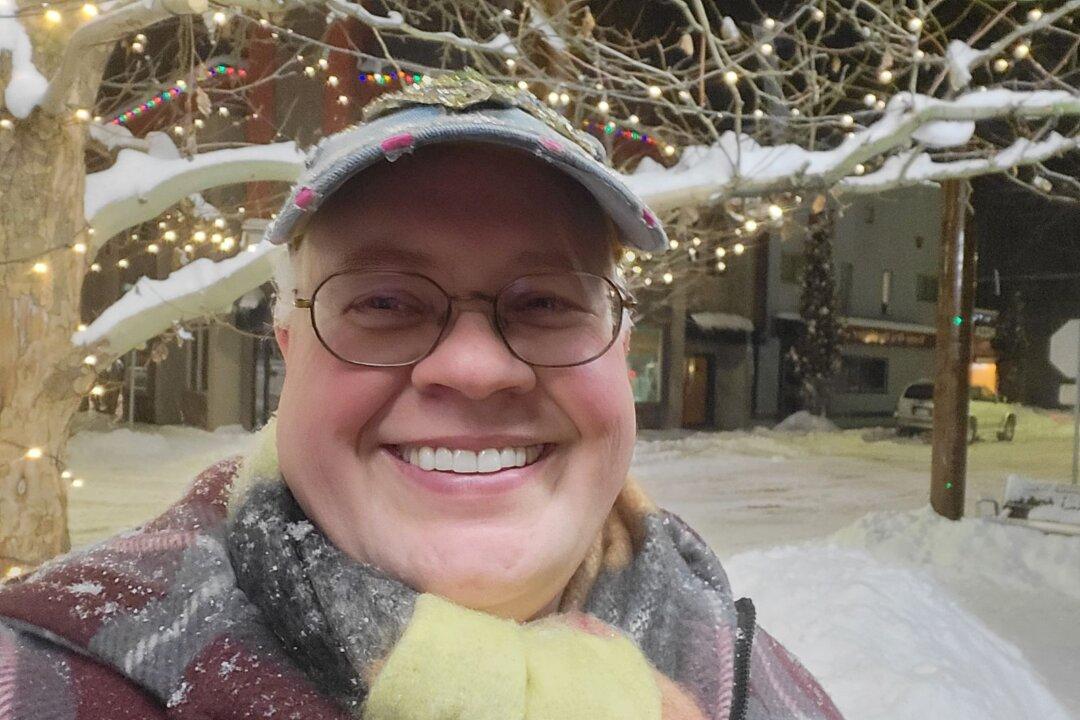The struggle and confusion Kellie Pirie has gone through have made her a vocal opponent of the trend of urging minors into gender transition.
She made the change as an adult, and even with that maturity she said she believes her emotional vulnerability at the time made her pliable to overly eager gender-affirmation advocates. Her story starts with childhood abuse, weaves up through a troubled youth and more than a decade living as a man, and ends with a difficult journey back to womanhood.





